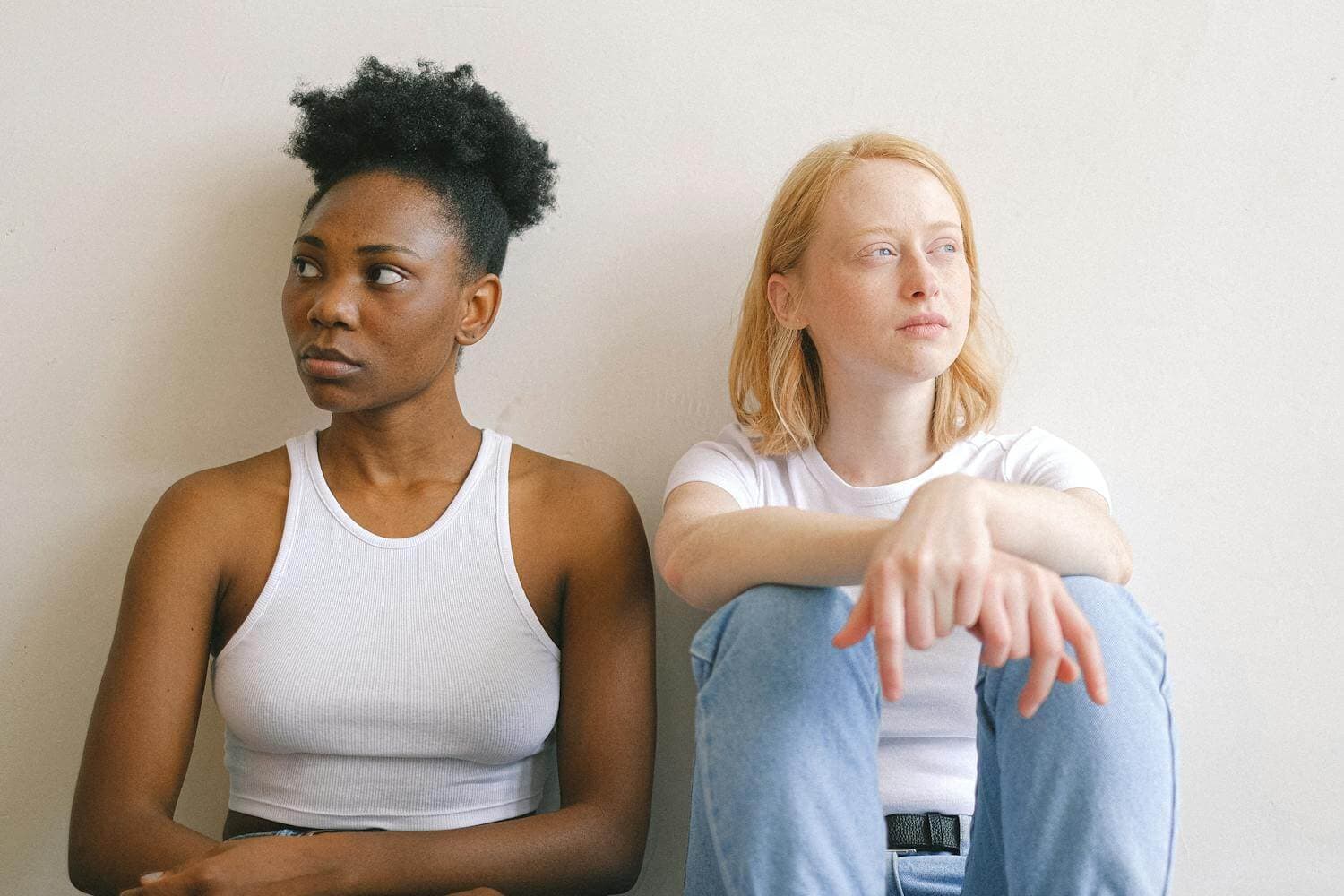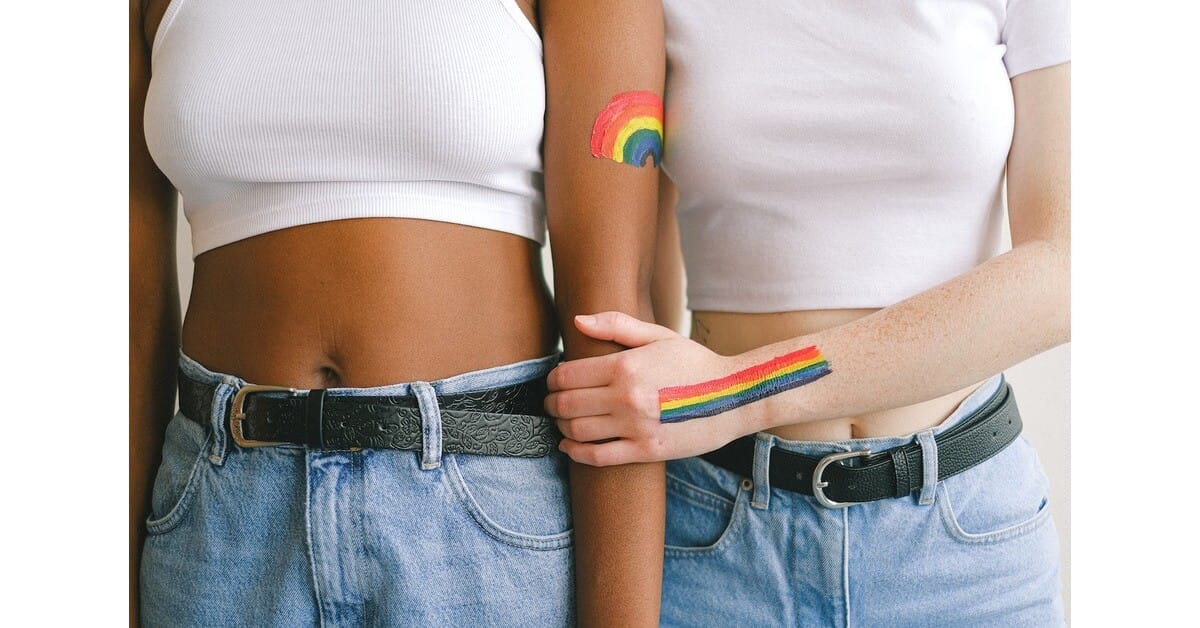“How to get married in Australia for LGBT foreigners?” you ask.
The answer is simple: meeting the eligibility criteria, gathering the required documents, and following the legal marriage process.
Australia is a land of diversity and inclusivity, and since the amendment of the Marriage Act 1961 in December 2017, same-sex couples have the same rights as heterosexual couples.
This guide will walk you through each step of how to get married in Australia for LGBT foreigners, ensuring you’re well-prepared for your big day.
Key Takeaway: Australia is an inclusive and welcoming country where LGBT foreigners can get married just like any other couple. The process involves meeting eligibility criteria, preparing necessary documents, and following legal procedures.
Eligibility Criteria
Before diving into wedding preparations, ensuring you and your partner meet the basic eligibility criteria for marriage in Australia is crucial.
Both partners must be at least 18 years old, not be married to other people, and not be closely related by blood.
Additionally, both individuals must fully understand the implications of marriage and give their informed consent.
For LGBT foreigners, checking your visa status and any conditions affecting your ability to marry in Australia is essential.
In Australia, foreigners generally need to be on a visa that allows them to stay in the country to get married legally. However, there’s no specific “marriage visa” you must have to tie the knot. Here are some common visa types that people often use:
1. Tourist Visa (Subclass 600): Many people come to Australia to get married on a Tourist Visa, generally valid for three, six, or twelve months. However, this visa only allows you to stay in Australia after marriage if you apply for a different type of visa.
2. Prospective Marriage Visa (Subclass 300): This visa is designed for engaged couples with one partner as an Australian citizen or permanent resident. It allows you to come to Australia and marry your partner within the visa’s nine-month validity period.
3. Partner Visa (Subclasses 820 and 801): If you’re already in Australia and you marry an Australian citizen or permanent resident, you can apply for a Partner Visa. This is a two-step process, starting with a temporary visa (Subclass 820) and leading to a permanent one (Subclass 801).
4. Working Holiday Visa (Subclass 417 or 462): If you’re between 18 and 30 (or 35 for some countries), you might be eligible for a Working Holiday Visa, which allows you to work, study, and holiday in Australia for up to a year. You can also get married on this visa.
5. Student Visa (Subclass 500): If you’re in Australia on a Student Visa, you’re also allowed to get married. However, the primary purpose of your stay should be to study.
6. Other Visas: Other visas like business or skilled visas also allow you to get married in Australia if they don’t have a ‘No Further Stay’ condition attached.
It’s crucial to consult with immigration services or a legal expert to understand the specific conditions of your visa, as some visas may have ‘No Further Stay’ conditions or other restrictions that could affect your ability to marry or apply for a different visa after marriage.
Key Takeaway: Meeting the eligibility criteria is the foundational step. Ensure you and your partner tick all the boxes, including visa-related conditions, before diving into wedding preparations.
Required Documents
Paperwork might not be the most romantic part of getting married, but it’s essential.
You’ll need to gather several documents, including proof of divorce if you’ve been previously married, a completed statutory declaration from your celebrant, and original identification documents like your passport and birth certificate.
You’ll also need to submit a notice of intended marriage at least one month before your planned wedding date.
For LGBT foreigners, additional documentation related to your visa status may be required, so it’s advisable to consult with immigration services or a legal expert.
Key Takeaway: Gather all required documents well in advance to avoid any last-minute hiccups. This includes any additional paperwork related to your visa status, ensuring smooth sailing towards your big day.
Also read: Where Can Same-Sex Couples Marry Abroad?
The Marriage Process
On the day you say, “I do,” there’s more paperwork to handle. You, your Commonwealth-registered celebrant, and two witnesses must sign three marriage certificates.
These will then be submitted to the births, deaths, and marriages registry to make your union official.
Key Takeaway: The marriage process involves a few legal formalities on the wedding day itself. Make sure you and your celebrant are prepared to handle these.
Divorce Considerations
While no one enters marriage thinking about divorce, it’s essential to know that the divorce process for same-sex couples is the same as for heterosexual couples in Australia.
You’ll need to meet specific criteria like being separated for at least 12 months and one day and having a valid marriage certificate.
Key Takeaway: Understanding the divorce process and criteria can help you navigate future challenges, although we hope you never have to.
Prenuptial Agreements
Prenuptial agreements, or pre-nups, are not just for the rich and famous.
Prenup agreements for same-sex couples are legally binding documents outline how assets, debts, and financial resources will be divided if the marriage ends.
They can be essential if both partners own significant assets, like a business or real estate.
Key Takeaway: A prenuptial agreement is a practical step to consider for safeguarding individual assets and setting financial expectations within the marriage.
Consult With a Family Law Expert: How to Get Married in Australia for LGBT Foreigners
Planning a wedding is an exciting journey filled with joyous moments and meaningful milestones.
When it comes to getting married in Australia as an LGBT foreigner, the process is refreshingly straightforward and inclusive.
However, it’s not just about picking out wedding rings and tasting cake samples; there are legal aspects to consider.
The importance of seeking legal advice cannot be overstated. While this guide provides a comprehensive overview, laws can change, and individual circumstances can introduce complexities.
Consulting with a family law expert familiar with Australian marriage laws can offer you tailored advice, ensuring that you’re not just emotionally prepared for your big day but legally prepared.
Director of Melbourne Family Lawyers, Hayder manages the practice and oversees the running of all of the files in the practice. Hayder has an astute eye for case strategy and running particularly complex matters in the family law system.






7 Responses
What if one is an asylum seeker
If you are an asylum seeker in Australia, your ability to marry depends on your specific visa and circumstances. It is best to consult with a registered migration agent or immigration lawyer for personalised advice on marriage requirements and processes in these circumstances.
we lgbt foreighers and my partner is vietnam and me is from malaysia…WE meet at factory we both love each other prepare 2years at perth..My partner just go other place because her visa prepare expired next years….We sparate 5month we missed each other…So how we stay at australia…We cannot live at Malaysia…Malaysia dont have laws protect the LGBT community against discrimination and hate crime.Malaysia penalty up 20years imprisonment and fines….WE just love each other..Love is LOve…..Help US!!!
Given the complexity of your situation and the risks involved, I strongly recommend consulting an immigration lawyer to explore options such as partner visas or protection visas. They can provide detailed guidance based on your unique circumstances and help to assist you and your partner.
I currently have a visitor (subclass 600) visa under the business visitor stream, valid for five years with multiple entries. This was issued this year and was given to me by my client/employer in Australia while I worked for them remotely in the Philippines. My partner and I are looking to get married in Australia, but I’m concerned whether my visa will be eligible even though it’s under the business visitor stream. Will this cause any issue?
Hi Rae,
My best recommendation would be to contact an Immigration lawyer to discuss the terms of your Visa.
Thank you.